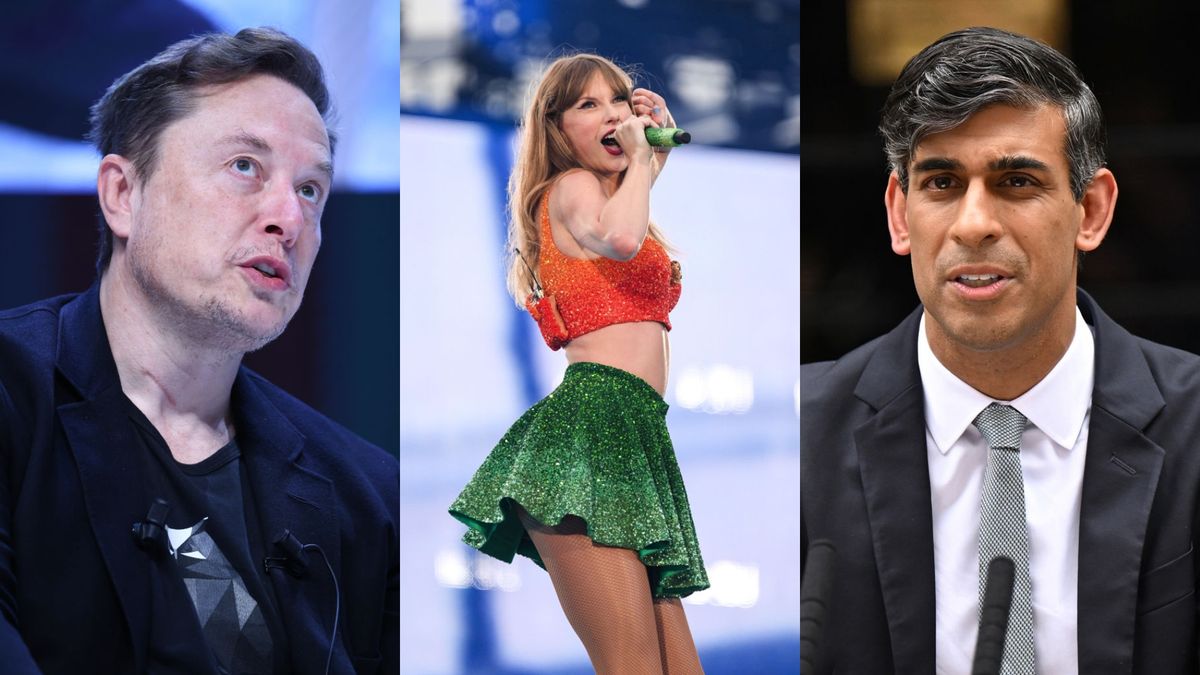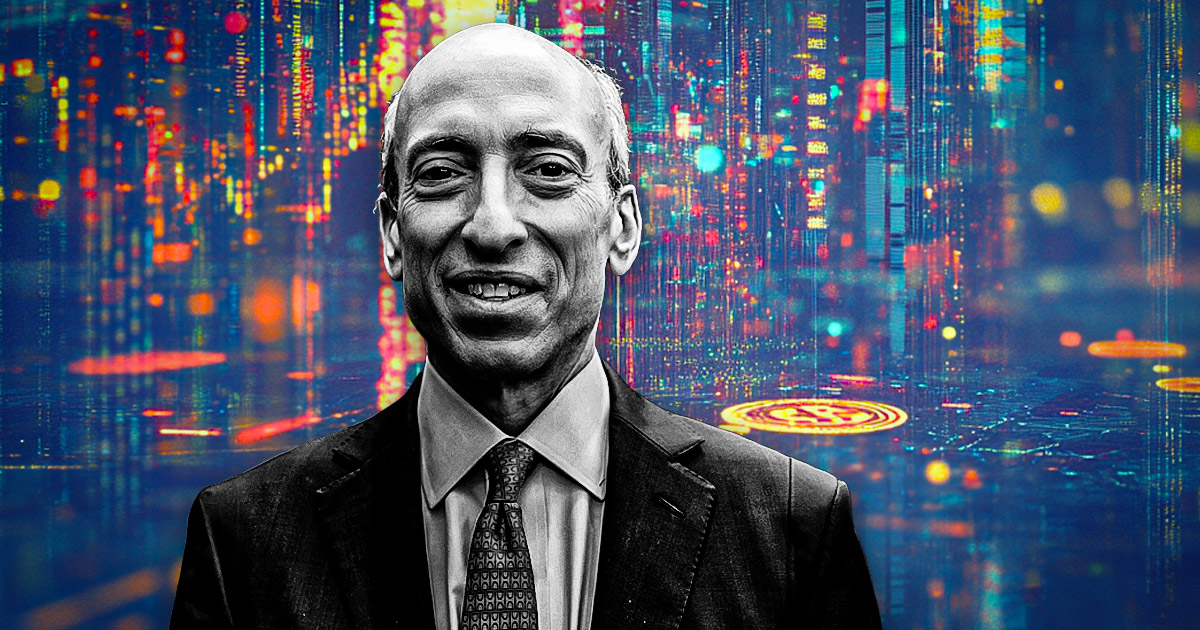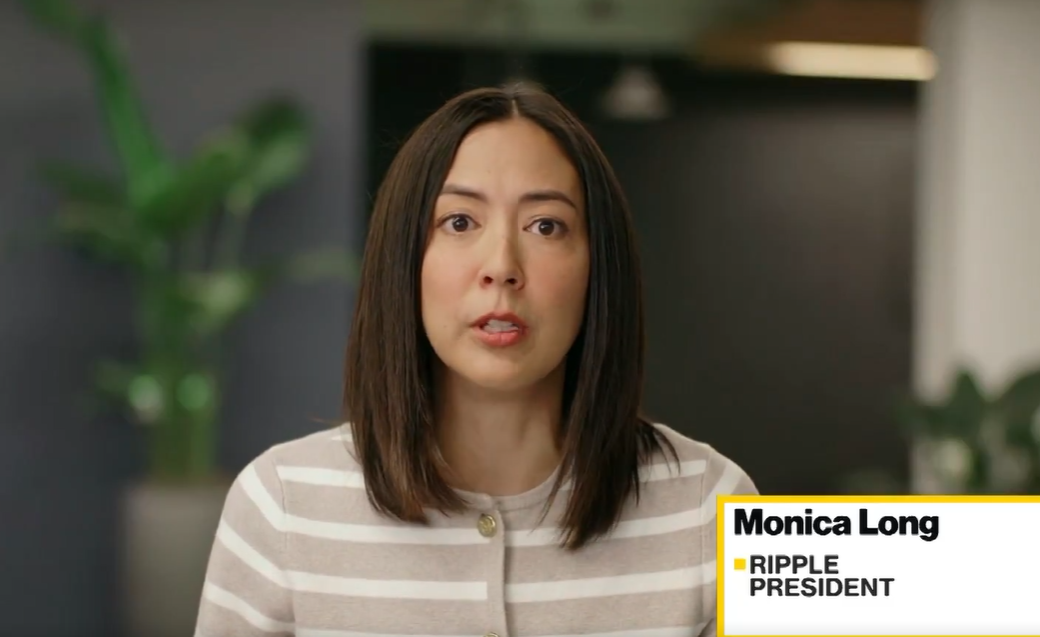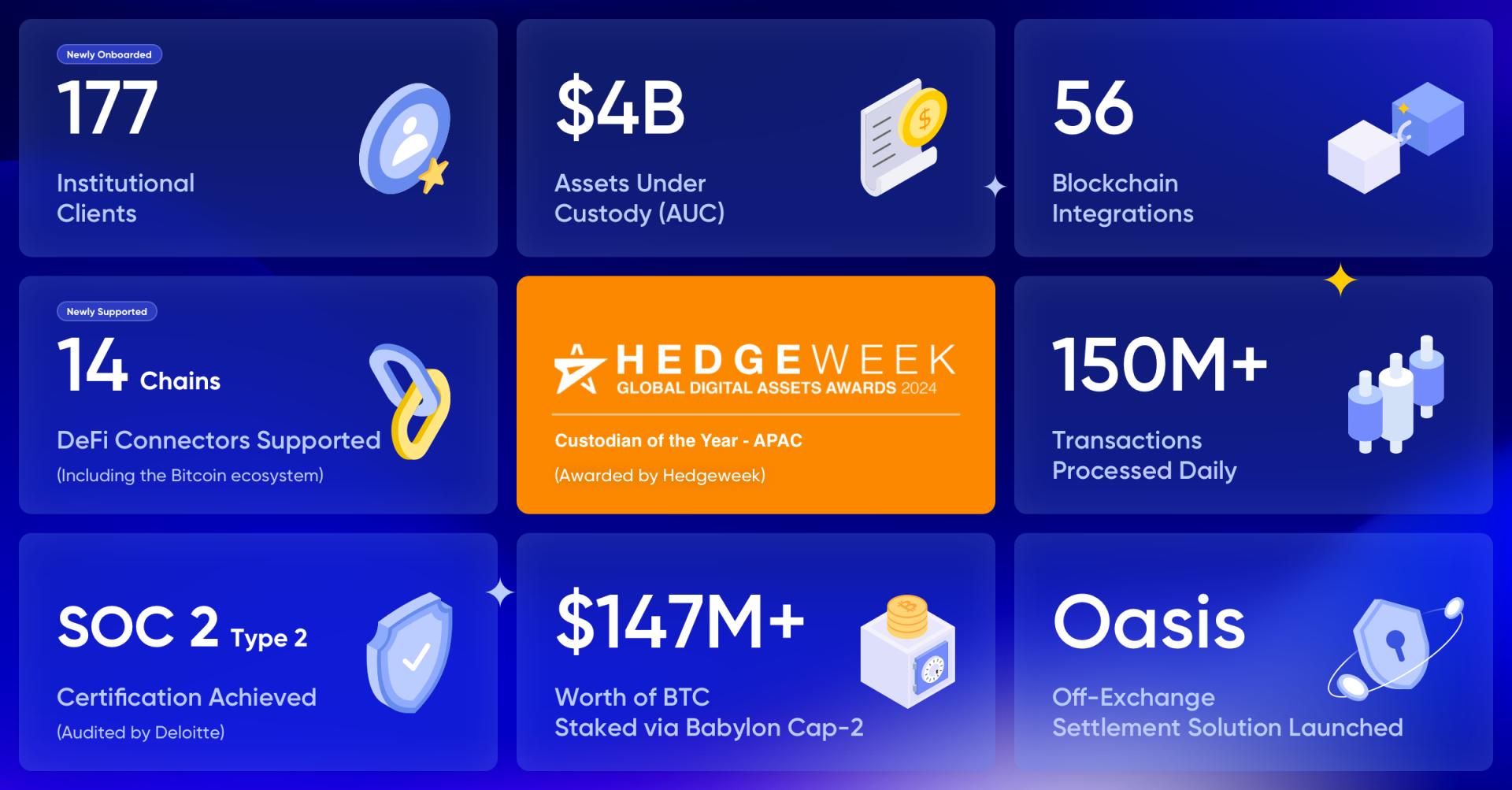If you’ve come across celebrity ads promoting investment schemes or cryptocurrency, chances are it’s a scam.
Fraudsters often use high-profile names to endorse dodgy investment, cryptocurrency and retirement schemes that sound too good to be true.
Impersonation scams are misusing names and photos of King Charles, Taylor Swift, Elon Musk, Martin Lewis, Rishi Sunak, Adele and Jeremy Clarkson, and many others.
Subscribe to MoneyWeek
Subscribe to MoneyWeek today and get your first six magazine issues absolutely FREE
Get 6 issues free
Sign up to Money Morning
Don’t miss the latest investment and personal finances news, market analysis, plus money-saving tips with our free twice-daily newsletter
Don’t miss the latest investment and personal finances news, market analysis, plus money-saving tips with our free twice-daily newsletter
Just recently, star fund manager Nick Train was caught out in an impersonation scam on WhatsApp.
Other types of fraud to beware of include those on online dating apps, investment scams, banking copycat websites, holiday scams, Amazon cold calls, crypto scams and fake dating profiles.
According to analysis of Action Fraud data by Money Saving Expert, Martin Lewis is the most-used celebrity in these scams, followed by Taylor Swift and Elon Musk.
More than £20 million has been lost to scams using Martin Lewis’s name in two years, according to Money Saving Expert.
Charlene Young, pensions and savings expert at the investment platform AJ Bell, comments: “The list of people in the public eye includes music megastars, as well as royalty and the world’s richest man, Elon Musk.
“But it’s Money Saving Expert founder Martin Lewis who tops the list of mentions, with MSE estimating a staggering £20 million has been lost to scammers using his name or picture, with the biggest individual reported loss attributed to a scam featuring Lewis being a staggering £500,000.”
As fraudsters get more creative and try to take advantage of people’s trust to steal their hard-earned money, we look at how to avoid these celebrity ad scams and keep your money safe.
How celebrity ad scams work
Celebrity ad scams typically involve public figures being used in dodgy money-making tactics to lure unsuspecting victims into sharing their personal and financial details. This includes cryptocurrency, investing, retirement planning and any other false promises that can get people rich quickly.
Sometimes, these ads claim that the celebrity has been involved in a scandal. It will involve fake attention-grabbing headlines that you’ll have to click to know more – though instead you’ll be directed towards a fake investment scam.
Both Jeremy Clarkson and James May have warned their fans on X (formerly Twitter) that any ads they’re mentioned in are fake. But among the most popular of these ads seems to be Martin Lewis, whose deep fake videos are being used where he’s featured next to Elon Musk.
Martin Lewis explained on Money Saving Expert that he doesn’t do adverts, so if any ad features him, it’s most likely a scam. He added: “It’s likely that the criminals pumping out these scam ads effectively use their own in-house dark-web digital marketing teams, researching which celebrities and advert types get the best click-through rates, and honing the way they work to be able to attract more victims.
“Almost certainly they will be collecting data on each public figure’s power to draw people in and how many people who respond to a celeb in an advert, then go through to part with the money.”
Unsurprisingly, Taylor Swift ticket scams have been popular, as Lloyds Bank revealed that fans lost over £1 million since tickets went live for her billion-dollar Eras Tour last year.
Other popstars that have been involved in celebrity scam ads include Adele, Ed Sheeran and Lewis Capaldi.
We look at the top 20 celebrities who have been mentioned in such scams between 2022 and 2023.
| Celebrity | Total scams featured in | Total mentions in scams (%) |
|---|---|---|
| Martin Lewis | 1,151 | 32.4% |
| Taylor Swift | 771 | 21.7% |
| Elon Musk | 492 | 13.9% |
| Adele | 97 | 2.7% |
| Holly Willoughby | 80 | 2.3% |
| Jeremy Clarkson | 72 | 2% |
| Mark Zuckerberg | 53 | 1.5% |
| Johnny Depp | 41 | 1.2% |
| Keanu Reeves | 41 | 1.2% |
| Ed Sheeran | 40 | 1.1% |
| King Charles | 32 | 0.9% |
| Peter Jones | 32 | 0.9% |
| Phillip Schofield | 32 | 0.9% |
| Richard Branson | 29 | 0.8% |
| Rishi Sunak | 28 | 0.8% |
| Rod Stewart | 26 | 0.7% |
| Prince Harry | 23 | 0.6% |
| Simon Cowell | 23 | 0.6% |
| Lewis Capaldi | 21 | 0.6% |
| James Martin | 20 | 0.6% |
Source: Money Saving Expert using Action Fraud data between 2022 and 2023
Fraudsters take advantage of your fear, trust and sense of helplessness, which can be quite dangerous and puts you in a vulnerable situation.
Young says: “Sadly, even Action Fraud official figures are likely to grossly underestimate the true scale of the problem. As we know, people often feel embarrassed or ashamed of being defrauded and therefore don’t report it, while others assume that nothing can be done to get their money back.”
How to protect yourself from celebrity ad scams
What makes celebrity ad scams so dangerous is how scammers take on different guises and exploit your interests for financial gains. But there are ways to identify them.
Be vigilant and maintain your doubts: Keep your eyes and ears open at all times. If something appears too good to be true, it most likely is. So if you receive any tickets from social media platforms or any unofficial platform, double check what you’re being offered. It’s also a good idea to never share your personal details with strangers, even if it comes from a sender who appears to be your bank, the police or any other genuine site like Amazon or WhatsApp.
Report scam ads: If you think that an ad seems suspicious, act fast and report it to your bank. You can also dial 159 and reach out to Stop Scams UK. If you think you’ve been scammed and are at risk of losing your money, contact Action Fraud on 0300 123 2040 or report it on their website.
You can also contact Victim Support, a charity that supports victims of fraud and crimes for free, if you wish to receive confidential advice or support.
Credit: Source link















































